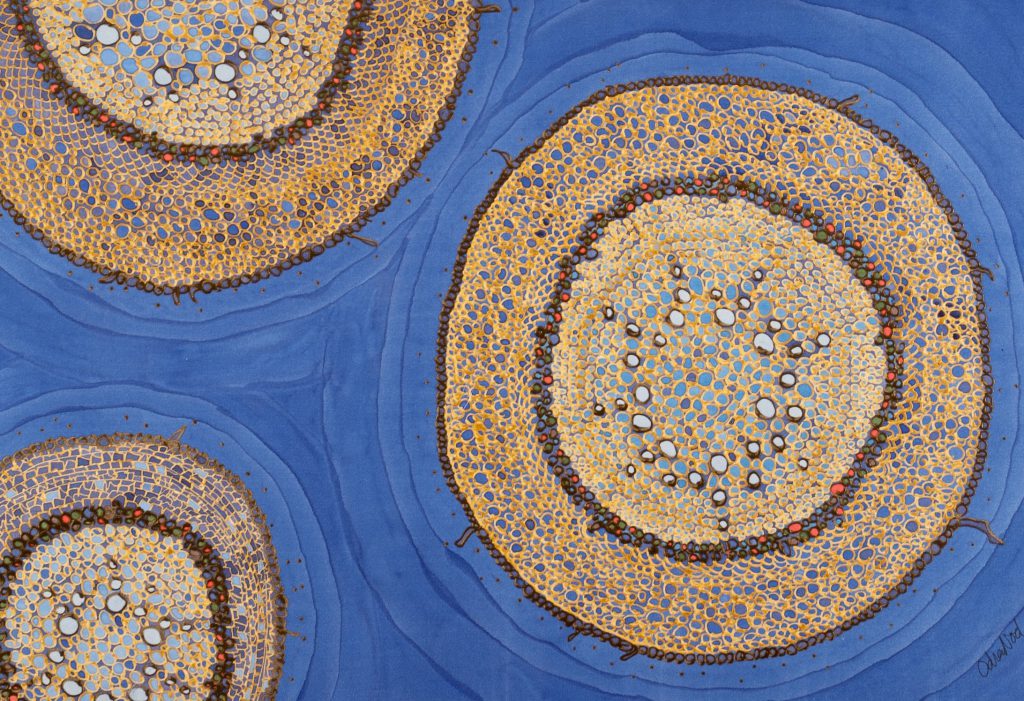
Support and Independence in the Community.
Dr Hanna Kienzler leads this project using multi-site ethnography to explore the meanings of independence, community and support for persons with mental problems across socio-cultural contexts in Ghana, the occupied Palestinian territory, and the UK. The research will identify community resources for persons with mental health problems and barriers to social inclusion.
Background
Persons with mental health problems have the right to live independently in the community and to make choices about their lives. To achieve this, the United Nations Convention on the Rights of Persons with Disabilities (CRPD) requires that countries provide support to ensure that people can choose where they live; have access to support and services; and can use facilities available to the general population. However, little is currently known about what “independence”, “community” and “support” mean across socio-cultural contexts and what barriers and resources impact people’s ability to access support and live in their communities.
Approach
Our project uses ethnography and participatory approaches in the West Bank of the occupied Palestinian territory, Ghana and the UK combined with legal and philosophical analysis to explore the diverse meanings, barriers and resources to help resolve tensions between protecting vulnerability and respecting independence and realising the right to be included in the community in meaningful ways.
The objectives of the project are:
To explore how “independence”, “community” and “support” are conceptualised in different sociocultural contexts, legal documents and philosophical debates, and how these affect the lives of persons with mental health problems and their families.
To understand the barriers and resources which impact on the ability of persons with mental health problems and their families to live as active citizens with equal respect in the community.
Together with beneficiaries and civil society, to articulate the content of the rights associated with living in the community and the practical means of their realisation to enable future policy to better realise the conditions through which social integration may be possible.
Informed by ethnographic and legal analyses, develop a normative understanding of the moral/human right of persons with mental health problems to live with and among others in the community.
Expected Outcomes
Our research will contribute to developing a locally relevant and comparative evidence-base giving insight into what it means for persons with mental health problems to live in the community as well as the kinds of services and support structures that could provide meaningful assistance to improve people’s lives and wellbeing.
We will develop interdisciplinary and implementation focused outputs including:
- Detailed reports on the experiences of persons with mental problems in different cultural settings
- Policy guidance for national and international users aiming to realise social integration
- Innovative training materials for health professionals and social workers
- Academic publications
- Illustrated storyboards and films developed with participants to convey their experience of living with mental health problems in the community.
Additional outcomes include (a) the development of innovative research methods and (b) sophisticated application of ethnographic research methods to a significant question in public health and policy, creating a precedent for future research directions.
Research Output
Recent publications
Recent Activity
Workstream Members
Hanna Kienzler
Prinicipal InvesitgatorLecturer in the Department of Social Science, Health and Medicine at KCL. Hanna has expertise in ethnography and social and cultural aspects of community mental health including development contexts and regions affected by armed conflict. She has conducted long-term anthropological fieldwork in Palestine. Hanna will lead on Workstream 2 and contribute widely across the research network.
Genevra Richardson
Core MemberProfessor of law at the Dickson Poon School of Law, KCL. Genevra has expertise in mental health law and policy. She will conduct research within Workstream 2 and contribute widely across the research network.
Sridhar Venkatapuram
Core memberLecturer in global health and philosophy, Department of Social Science, Health and Medicine, KCL. Sridhar has expertise in global health and policy and the capabilities approach. He will conduct research within Workstream 2.
Ursula Read
Core MemberResearch associate, Department of Global Health and Social Medicine, KCL. Ursula has expertise in ethnography, and social and cultural aspects of mental health. She has conducted long-term fieldwork in Ghana, focusing particularly on persons with severe mental illness and their families, the use of traditional and faith healers, and the expansion of rights-based approaches to mental health care. She conducts research within Workstream 2.
Hanna Kienzler
Prinicipal InvesitgatorLecturer in the Department of Social Science, Health and Medicine at KCL. Hanna has expertise in ethnography and social and cultural aspects of community mental health including development contexts and regions affected by armed conflict. She has conducted long-term anthropological fieldwork in Palestine. Hanna will lead on Workstream 2 and contribute widely across the research network.
Genevra Richardson
Core MemberProfessor of law at the Dickson Poon School of Law, KCL. Genevra has expertise in mental health law and policy. She will conduct research within Workstream 2 and contribute widely across the research network.
Sridhar Venkatapuram
Core memberLecturer in global health and philosophy, Department of Social Science, Health and Medicine, KCL. Sridhar has expertise in global health and policy and the capabilities approach. He will conduct research within Workstream 2.
Rita Giacaman
Core MemberProfessor at the Institute for Community and Public Health at Birzeit University, Palestine. Rita has expertise in psycho-social/mental health system building in war-like conditions, social epidemiology and mixed-methods studies on mental health, and disability rights. She will oversee the research conducted by Workstream 2 in Palestine.
Rita Giacaman
Core memberProfessor at the Institute for Community and Public Health at Birzeit University, Palestine. Rita has expertise in psycho-social/mental health system building in war-like conditions, social epidemiology and mixed-methods studies on mental health, and disability rights. She will oversee the research conducted by Workstream 2 in Palestine.
Ursula Read
Core MemberResearch associate, Department of Global Health and Social Medicine, KCL. Ursula has expertise in ethnography, and social and cultural aspects of mental health. She has conducted long-term fieldwork in Ghana, focusing particularly on persons with severe mental illness and their families, the use of traditional and faith healers, and the expansion of rights-based approaches to mental health care. She conducts research within Workstream 2.
